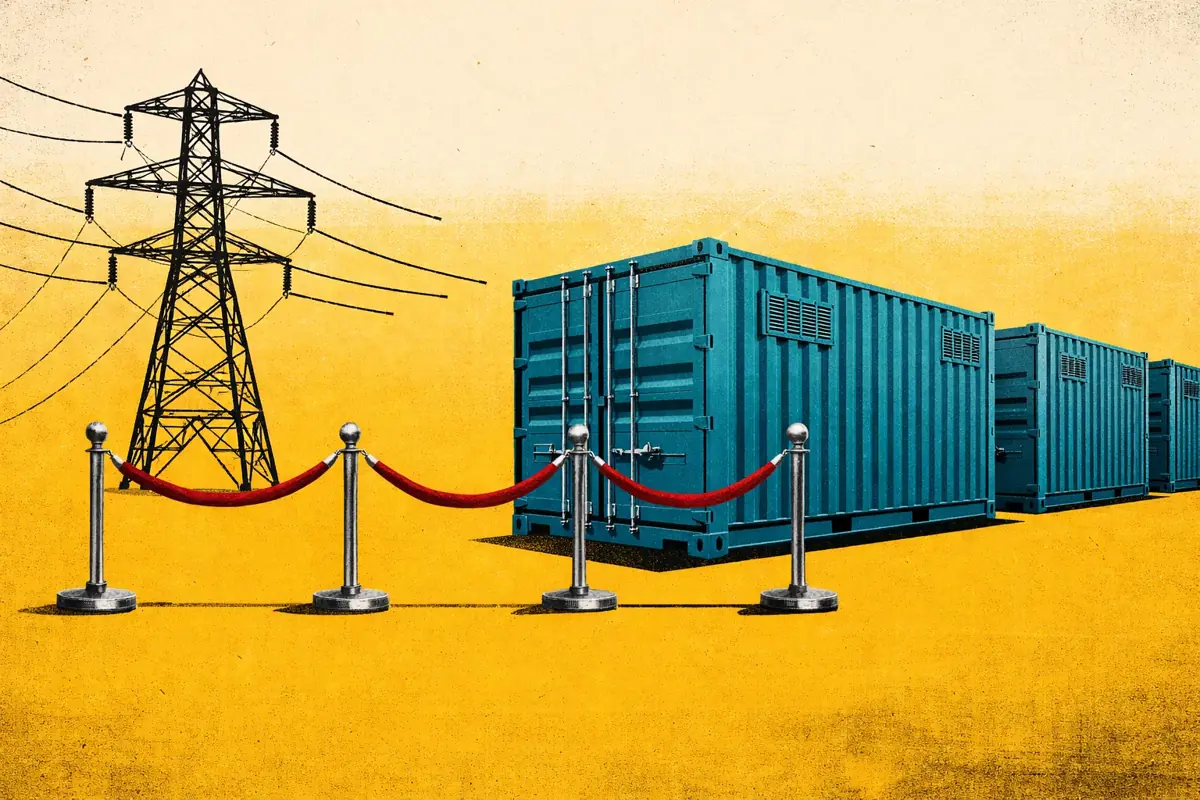GB battery energy storage revenues fell 14% in September 2024
GB battery energy storage revenues fell 14% in September 2024
Executive Summary
- GB battery storage revenues fell 14% in September 2024 to £48k/MW/year, despite it being the fourth-highest revenue month of the year.
- Wholesale trading revenues held steady at £21k/MW/year, but Balancing Mechanism earnings declined from August’s record high.
- Batteries earned 96% of their negative price revenues through the Balancing Mechanism.
Subscribers to Modo Energy’s Research will also find out:
- Why September 10th was the highest-earning battery revenue day since October 2023.
- How declining wind generation and higher gas prices affected power price spreads.
- What NESO’s Balancing Programme changes mean for future battery dispatch and market participation.
To get full access to Modo Energy’s Research, book a call with a member of the team today.
Introduction
In Great Britain, battery energy storage revenues fell 14% in September - to £48k/MW/year. Despite the decrease, September was still the fourth-highest revenue month of 2024 so far.
Already a subscriber?
Log in








